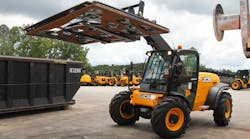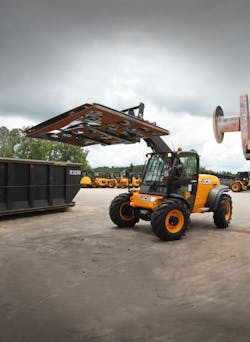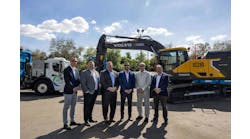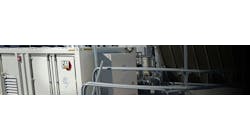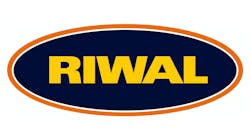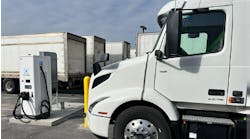JCB, the global construction equipment maker known for its sustainability initiatives, has decreased the amount of waste that ends up in landfills by 90 percent since opening its North American headquarters in Savannah, Ga., in 2000.
In 2008 JCB partnered with Nexeo Solutions LLC, a distributor of chemicals, plastics, composites and environmental services, to create and carry out a sustainability program working towards 0-percent landfill waste. As a manufacturer of heavy equipment, JCB divides the waste it creates into six categories: metals, cardboard, plastic, wood, food and landfill trash. Prior to launching the sustainability program, 100 percent of the waste JCB’s Savannah location generated ended up in local landfills. As of March 2013, only 10 percent of the waste that JCB generates ends up in landfills — a 90-percent decrease.
To achieve that waste reduction, JCB implemented a three-step process to reduce its waste stream:
• Create a new recycling method that allows JCB to continue the manufacturing process while improving recycling efficiencies.
• Set up a vendor supply plan to manage the new recycling streams.
• Implement the new process and ensure that the intended recycling efficiencies work with the current production flow.
Roger Myerly, JCB’s maintenance and site services manager worked closely with Nexeo Solutions representatives to institute the recycling process. “The process of eliminating our waste stream has been eye-opening,” Myerly said. “The fact that we’ve been able to realize a 90-percent reduction in waste in only four years by using these new processes is a point of pride for JCB. I look forward to exploring new ways to continue reducing the waste stream.”
Myerly is taking what he’s learned from JCB’s success and partnering with other like-minded organizations and individuals to spread the sustainability message throughout Georgia. As a founding partner of Vertical Integration of Research, Technical, Undergraduate and Graduate Education for Sustainability (VIRTUES) project, a community group dedicated to developing a workforce capable of creating, competing for, and succeeding in a green tech/clean tech economy, Myerly and other maintenance and sustainability experts applied for and received a $43,700 grant to host a series of sustainability workshops across Georgia during 2013. These workshops will produce an educational “roadmap” to create workforce that’s better able to integrate sustainable plans and processes in the future.
“With these workshops, the VIRTUES team will be able to help both private and public sector employers determine their present and future workplace needs when it comes to sustainable skills,” said Myerly. “We’re hoping to build a bridge between the sustainability principles currently taught in Georgia colleges and universities and the realities of day-to-day operations in workplaces statewide. In this way, the VIRTUES program will better prepare our state for the next industrial revolution.”
JCB and Nexeo Solutions have found ways to turn the sustainability program into a revenue stream by partnering with recycling and repurposing companies around the Low Country region. In addition to JCB’s 90-percent waste stream reduction, the sustainability program now pays for itself and returns a sizable monthly rebate check.
“As a manufacturer, we have a duty to both the environment and to the communities around us to take care of our waste in a responsible manner,” said John Patterson, CEO/chairman of JCB Inc. “We see the investment in the sustainability program as money spent to ensure the footprint JCB leaves on the environment is as non-invasive as possible.”
For more information about JCB’s sustainability initiative, visit www.jcbna.com.
JCB, the world’s third-largest construction equipment brand, has 22 plants on four continents. It manufactures more than 300 different machines including: backhoe loaders; Loadall telescopic handlers; tracked and wheeled excavators; wheeled loading shovels; articulated dump trucks; rough-terrain forklifts; mini excavators; Robot skid-steer loaders and JCB Vibromax compaction equipment.
